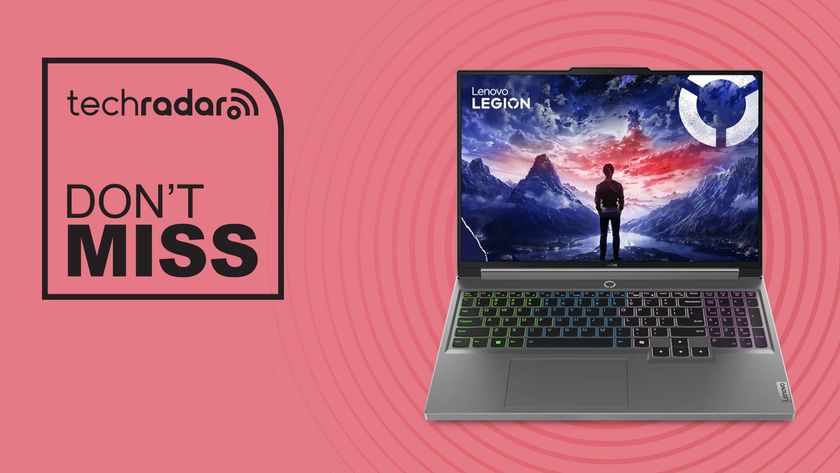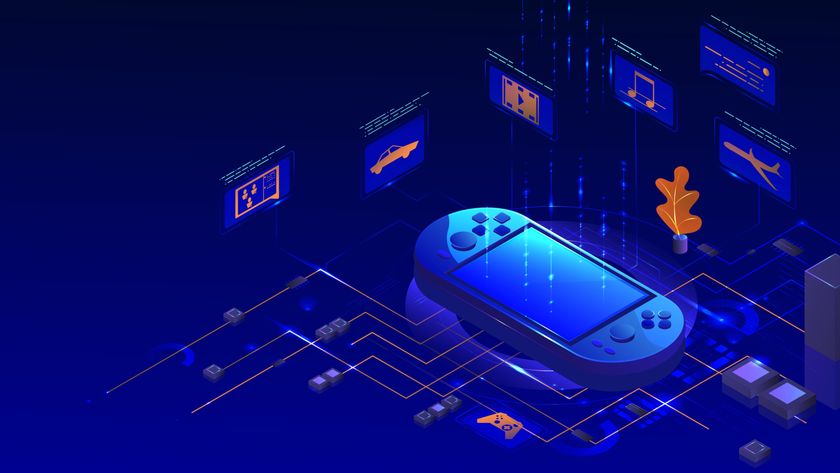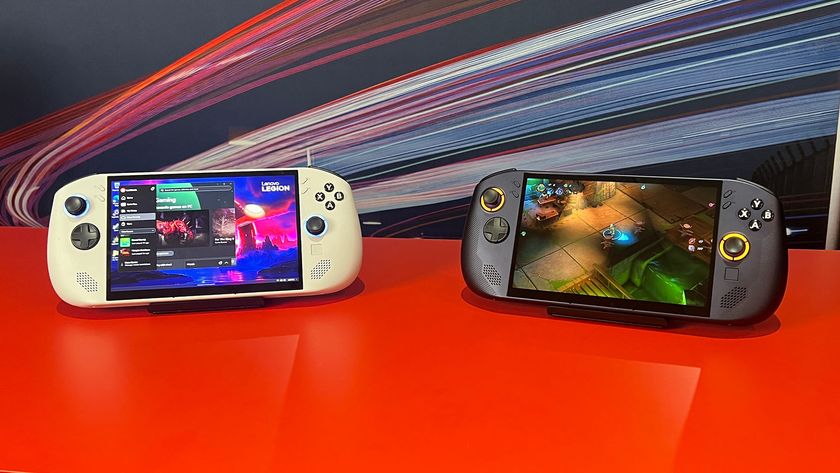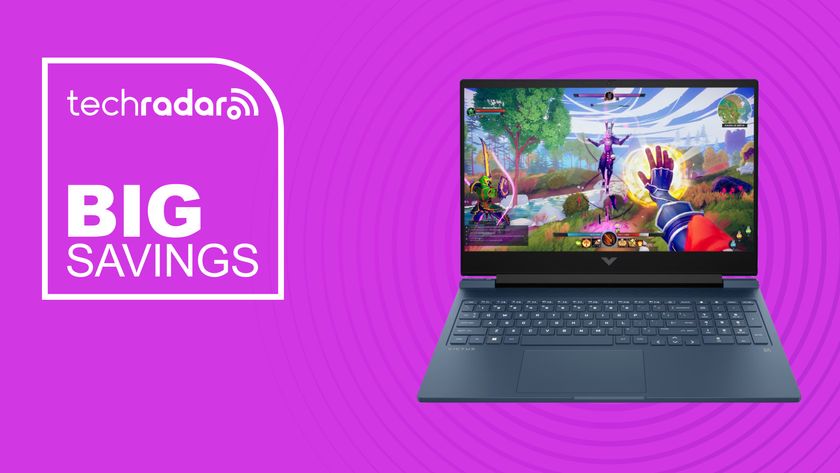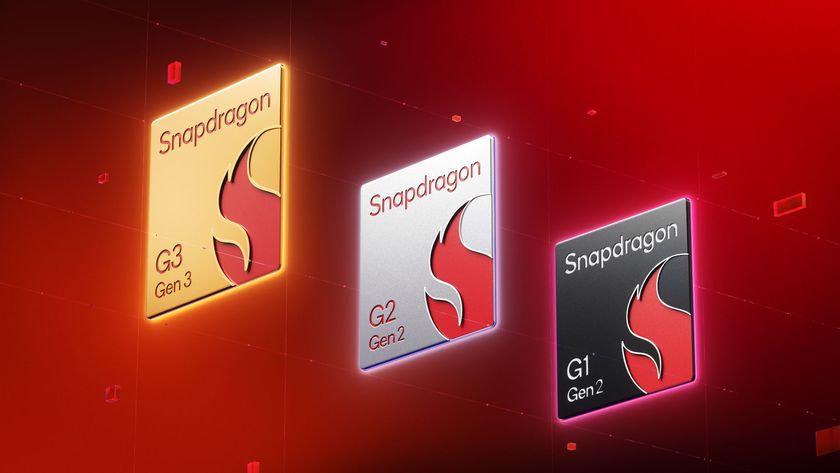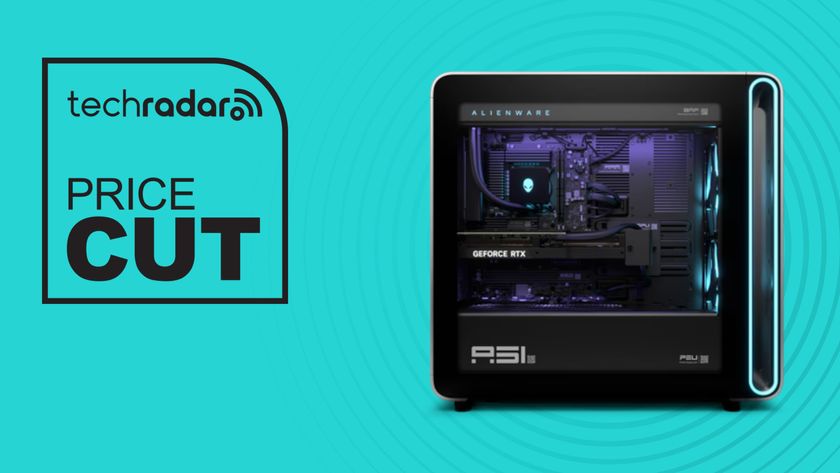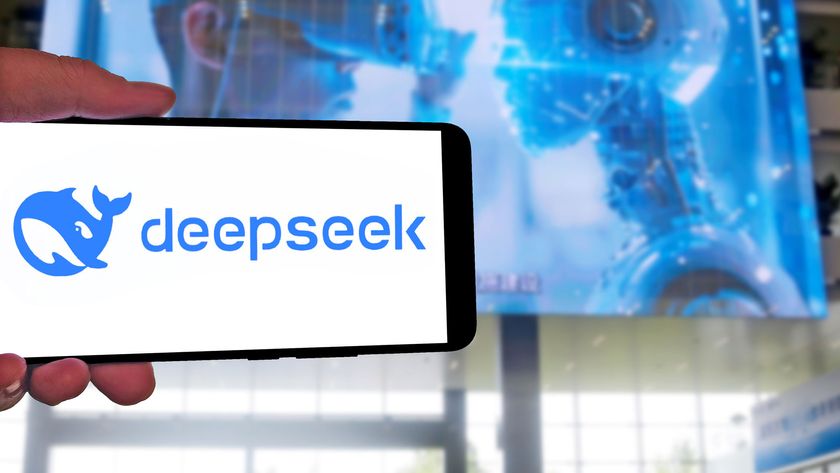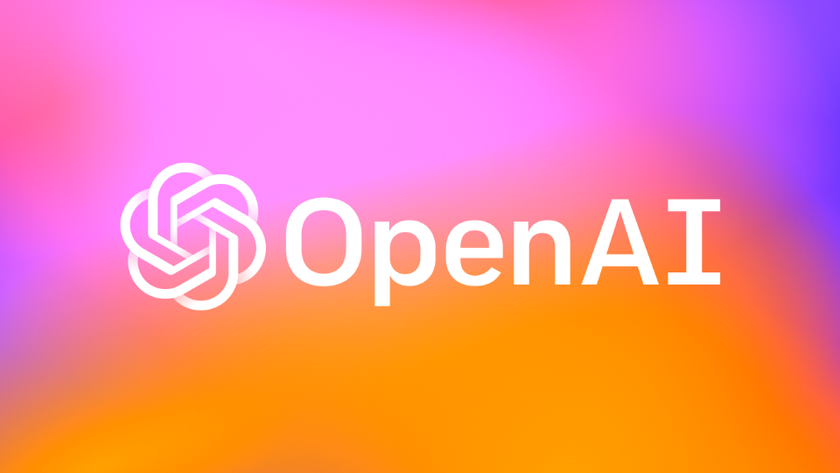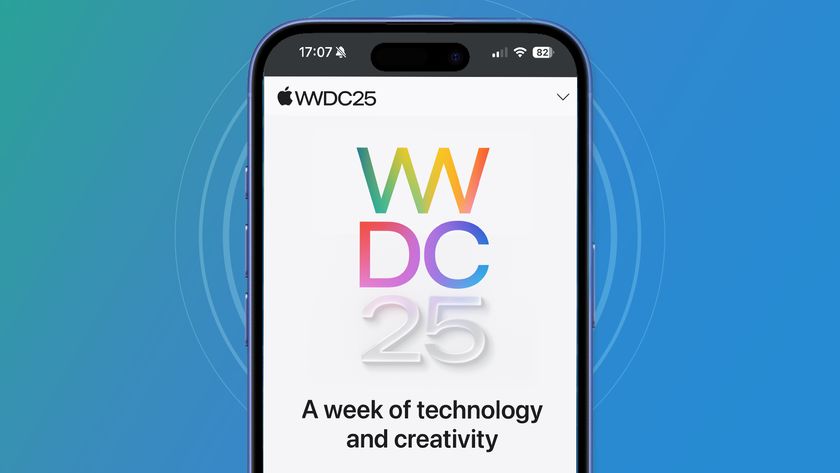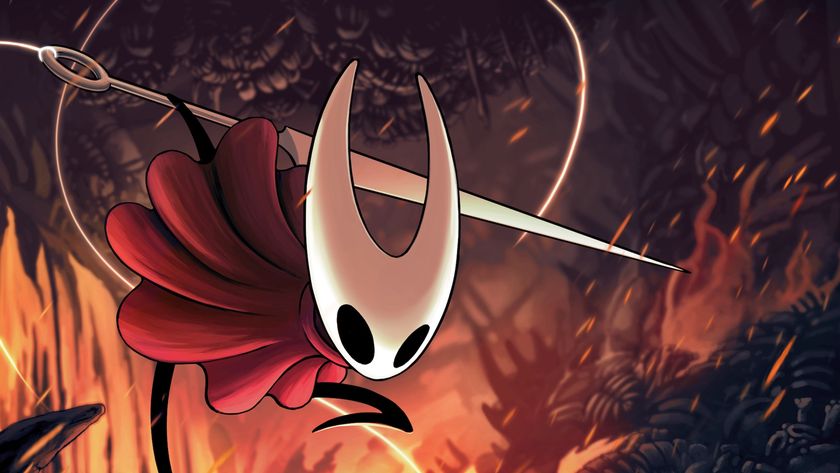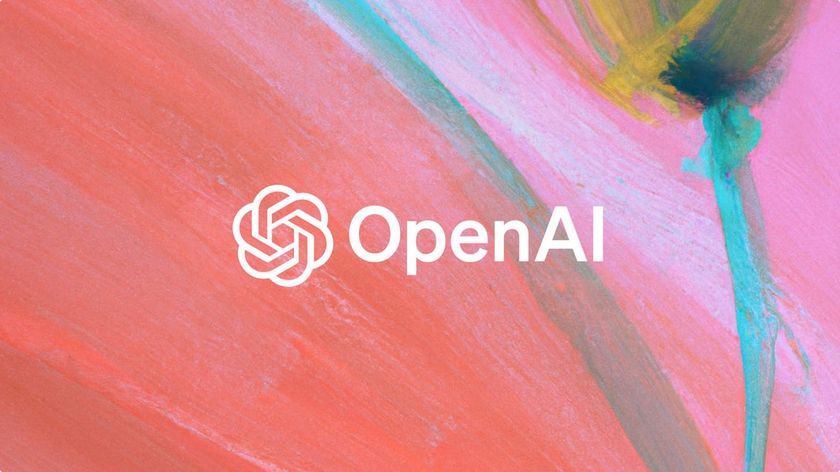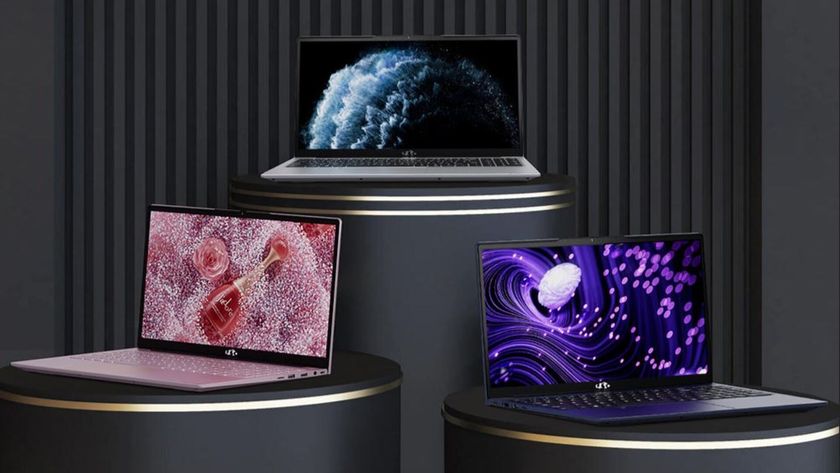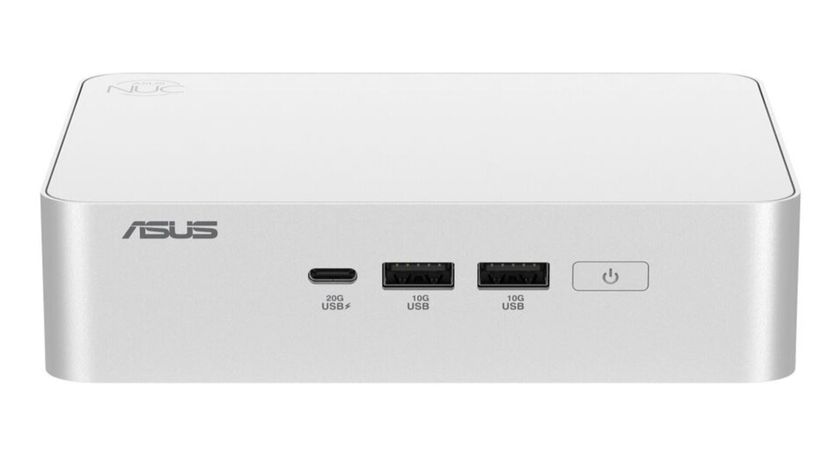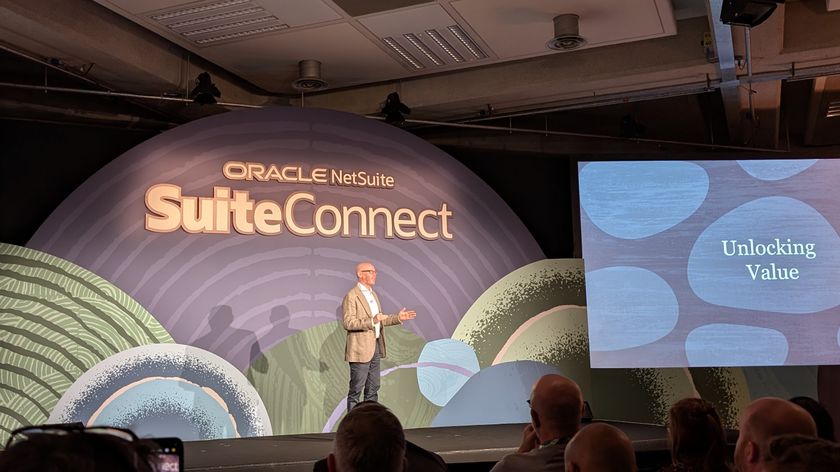Bringing Windows games to Linux
Michael Simms of Linux Game Publishing and Tux Games

On the back of the dotcom boom, Michael Simms ploughed £350,000 of his own money into a games company with the intention of bringing some of the most playable Windows titles to Linux.
Almost 10 years later, Linux Game Publishing, which specialises in porting Windows titles, is still going strong, releasing several titles every year. Linux Format magazine caught up with Michael on a recent trip and asked him about where the company will go from here.
Linux Format: What inspired you to start making games Linux-compatible?
Michael Simms: I started using Linux when I was at university, so I've been doing it for a long time. I did a few jobs in the Unix field and got to hear of Loki Software, who had just decided to make Civilisation: Call to Power. I got on to the beta for that, but I found it was hard to buy a copy of it when it came out. So I contacted Loki about becoming a reseller and that's what started Tux Games.
When it became obvious Loki was going under, it was like: 'crap, we're going to have nothing to sell'. So we went to a company we knew weren't able to make a deal with Loki, Creature Labs, and came to an agreement with them. We started off by publishing Creatures 3 and went from there.
LXF: What do you think Loki did wrong?
MS: Loki overestimated the market. It would spend a lot licensing a triple-A title and not generate enough sales, but carry on doing that again and again. A classic example was its Quake 3 special edition where it made 50,000 tin boxes and only sold a few thousand.
Get daily insight, inspiration and deals in your inbox
Sign up for breaking news, reviews, opinion, top tech deals, and more.
LXF: Didn't you do a similar thing with X3?
MS: That was a limited edition of 500 rather than 50,000! We did it slightly differently. Just 500, and we won't be making any more. We'll carry on making the standard edition until whenever, but try to avoid making the same mistakes as Loki.
LXF: After deciding to port a game to Linux, what's the next step for you at LGP?
MS: Once we've made the agreement, we get hold of the source code and then we just do whatever we need to do for the port. Usually, ports are fairly similar.
LXF: Do you choose games with a similar back-end?
MS: No, we choose games based on playability. I personally pick out a lot of the games because they're what I like! But we've also got a few other people that we trust to give a balanced view of things.
LXF: Is there a massive difference between taking on something like X3 and a 2D puzzle game?
MS: We aim to do fifty-fifty top-end games to entry-level games so that we can pay equal attention to companies behind titles like Jets'n'Guns. We concentrate on both to make sure that we're still seen to port big games, but we do small games so that smaller companies also have a route into the Linux market.
LXF: How long does a game like Jets take to port?
MS: Well, with Jets, we didn't actually do most of the port. Rake In Games did it instead, we just added some polish and work at the end …
To do a port of something like Jets would take one developer a couple of months. Maybe a bit less. X3 – that's more a team of four developers for five to six months.
- 1
- 2
Current page: Bringing Windows games to Linux, part one
Next Page Bringing Windows games to Linux, part two